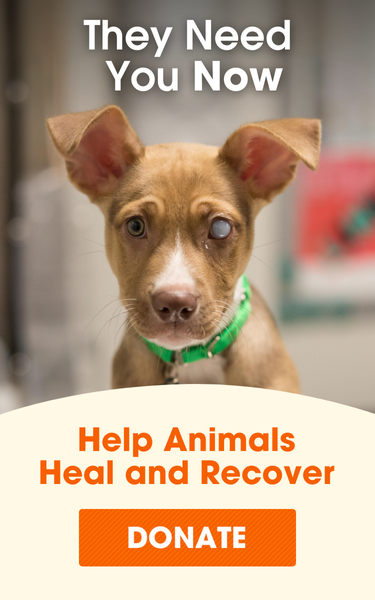
The Essentials of Essential Oils Around Pets

While essential oils have been around for a long time, in recent years their popularity has seemed to have picked up. If you’ve been on social media lately, I’m sure you’ve seen a few ads! These oils may have health benefits for humans, like clearing nasal congestion or soothing anxiety, but are they safe for pets? The ASPCA Animal Poison Control Center (APCC) has the answers!
Are essential oils potentially harmful for your pets? And if so, what precautions should pet parents be taking?
The answer, as we so often see, is slightly more complicated than a simple “yes,” or “no.”
In their concentrated form (100%), essential oils can absolutely be a danger for pets. Dogs and cats who have either walked through oils, gotten some on their coat or had oils placed directly on them can develop health concerns.
Symptoms include:
- Unsteadiness on the feet
- Depression
- Low body temperature (in severe cases)
If a pet ingested concentrated essential oils, you may see vomiting, diarrhea and depression, as well.
Are some oils/scents more dangerous than others?
Some oils may in fact be more harmful than others. However, there are several factors that effect this such as concentration level, and what the product is mixed with. For example, concentrated forms of tea tree oil (melaleuca oil) may cause issues for your pets with only seven or eight drops, whereas another oil may take more or less. Due to the variability in concentration, formulation and possible quality of essential oils, it’s best to completely avoid directly applying them to your pet. You should also keep any oils up and out of paws' reach to prevent potential ingestion.
So, does that mean you should return your diffuser?
According to APCC, not necessarily. Using an oil diffuser for a short time period in a secured area—one that your dog or cat cannot access—is not likely to be an issue.
However, if your pet has a history of breathing problems, it may be best to avoid using one altogether. Keep in mind, that your pets have a much better sense of smell than we do, so something that seems light to us may be overwhelming to them.
If you do decide to keep your diffuser, you’ll want to ensure that it’s in a place where your pet cannot knock it over and potentially expose themselves to the oils. The best way to avoid exposing your pets to dangerous substances is always to err on the side of caution and by “pet-proofing” your space.
While these same concerns with essential oils will apply to other pets such as rabbits, guinea pigs and hamsters, it’s best to avoid using an essential oil diffuser in your house if you have birds. Birds’ respiratory tracts are very sensitive, and they may develop more serious problems if you use a diffuser.
If you think your pet may have ingested or been exposed to a potentially poisonous substance, contact your veterinarian or the APCC at (888) 426-4435 immediately.
